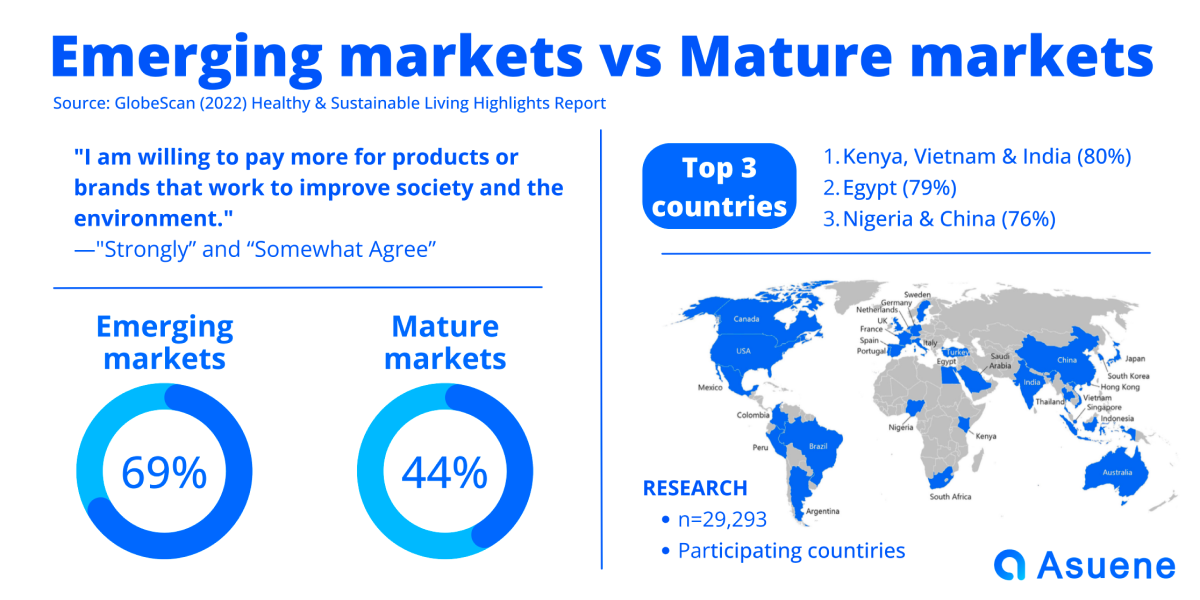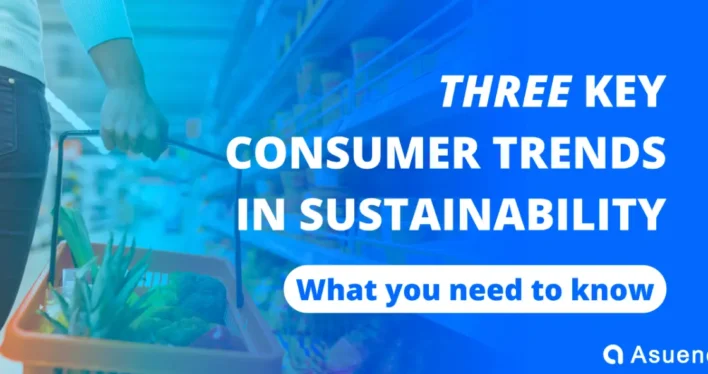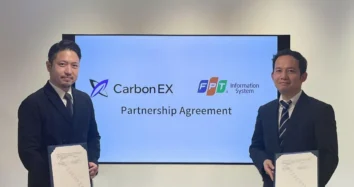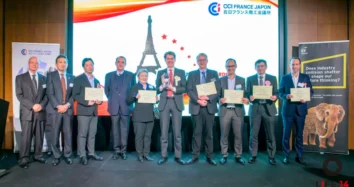Amidst growing concerns about climate change and its escalating impacts, consumers worldwide are increasingly seeking sustainable alternatives in their daily lives. This shift in consumer behavior presents both opportunities and challenges for businesses, necessitating a deep understanding of the evolving landscape to navigate successfully. This article analyzes data from seven comprehensive global surveys to explore three key trends in consumer awareness and motivation related to sustainability and provides valuable insights for businesses navigating this evolving landscape.
Trend 1: Rising Concern and Actionable Willingness
The global concern towards sustainability has reached an all-time high. Numerous surveys across diverse markets reveal a growing desire among consumers to transition towards more sustainable practices. The majority (72%) believe individuals have a responsibility to take action against climate change (Ipsos). This heightened awareness translates into actionable willingness:
- 80% of consumers are willing to pay up to a 5% premium for sustainably produced goods (PwC).
- Two-thirds are willing to reduce consumption significantly to combat environmental damage (GlobeScan).
- 75% express a desire to live more sustainably, with a quarter willing to influence their social circles (Credit Suisse).
Trend 2: Dispelling Myths Surrounding Sustainable Consumers
Common misconceptions exist regarding who exhibits the strongest concern and motivation for sustainability. Here are three widely held myths and their realities:
Myth #1: European Consumers Lead the Way in Sustainability
While industrialized nations, particularly those in Europe, are often seen as pioneers in sustainability initiatives, research reveals a surprising truth: people located in emerging economies demonstrate higher levels of sustainability concern and motivation.Credit Suisse highlights that residents in these economies display:
- Higher level of environmental consciousness
- Greater acceptance of regulations aimed at environmental protection
- Higher willingness to pay a premium for sustainable products
- Increased readiness to change their behavior
GlobeScan research further emphasizes this reality, with 69% of consumers in emerging economies willing to pay more for sustainable brands compared to an average of 44% in mature economies. Additionally, a Bain & Company survey found 90% of consumers in the APAC region are willing to pay more for environmentally friendly or healthier products. This trend can be attributed to the direct impact of climate change, with extreme weather events and other environmental consequences often felt more acutely in emerging economies compared to industrialized nations. As climate change intensifies, this heightened awareness and motivation are expected to rise further.
In the APAC region, 80% of environmentally and socially conscious consumers actively endorse sustainable products. Particularly noteworthy, more than half of these individuals indicate they would recommend these products to 10 or more people (Bain & Company). This presents a significant opportunity for companies to earn the trust of these individuals, potentially leading to increased market penetration and brand loyalty.
Myth #2: Young People are the Sole Drivers of Sustainability
Gen Z is often perceived as the sole driving force behind sustainability initiatives. However, millennials or parents demonstrate equal or even stronger levels of commitment when data is examined holistically. (PwC, Credit Suisse) A study by Credit Suisse surveyed individuals aged 16-40, measuring their consciousness of climate change, regulatory acceptance, willingness to pay a premium, and desire to change behavior. Interestingly, the 25-30 age group scored the highest in all categories, while the youngest cohort (16-20) scored the lowest. Additionally, GlobeScan research indicates that individuals directly affected by climate change and those with environmentally concerned children are more likely to embrace sustainable practices and drive positive change.
Myth #3: Consumers Simply Don’t Choose Sustainable Products Because They are Expensive
Despite the widespread belief that the high cost of sustainable products deters consumers from choosing them, recent surveys from Alibaba and BCG reveal a different story. While price remains a significant factor for many consumers, another main reason cited for not selecting sustainable options is the lack of clear information about which products are truly environmentally friendly. Bain & Company‘s research further emphasizes that 85% of the factors obstructing consumer choice towards sustainable options are supply-side issues, rather than price-related.
Trend 3: The “Say-Do Gap” and Bridging the Chasm
The discrepancy between consumer intentions and actions, often termed the “say-do gap,” has become increasingly evident. While there’s a heightened awareness and willingness among consumers towards sustainable consumption and lifestyles, many fail to follow through. Bain & Company attributes this gap to consumers feeling overwhelmed by conflicting information. Particularly notable in emerging economies and among younger demographics, this gap presents significant challenges. However, surveys conducted in the APAC region by Alibaba identified affordability, convenience, and information gaps as major obstacles encountered by consumers. By addressing these challenges, companies can not only deepen their connections with customers but also further their own business objectives.
The Future Landscape and the Corporate Imperative
In the coming years, the impacts of climate change are set to worsen, with extreme weather events, food price spikes, and other challenges already affecting many. As these effects deepen and more people are impacted, expectation grows for sustainable lifestyles, products, and services. It is crucial for companies to promptly respond to these trends by building trust with consumers and establishing sustainable business models. Trustworthy performance enhances customer loyalty and attracts new customers, while losing trust can lead to customer attrition. Promoting sustainability across all aspects of business operations is essential to earning trust and ensuring long-term viability. Asuene offers comprehensive support for companies’ decarbonization efforts, serving as a one-stop solution for sustainability, with a primary focus on carbon accounting. Embark on a journey of transparent and assured trust with us!



